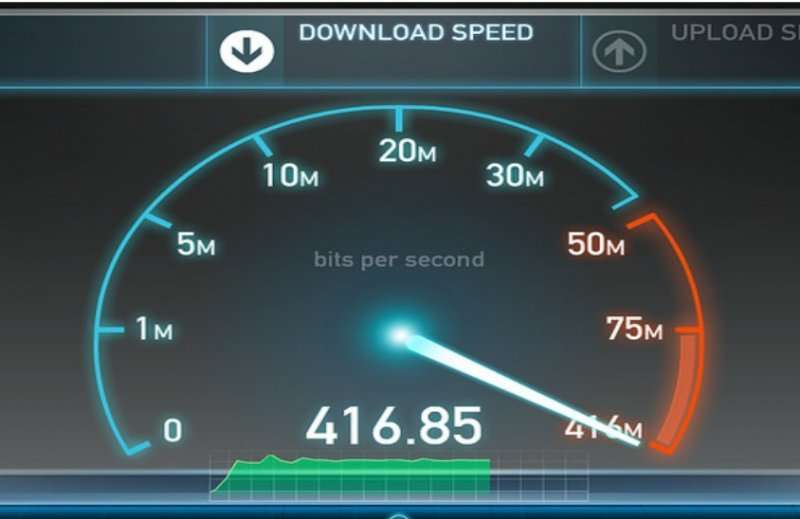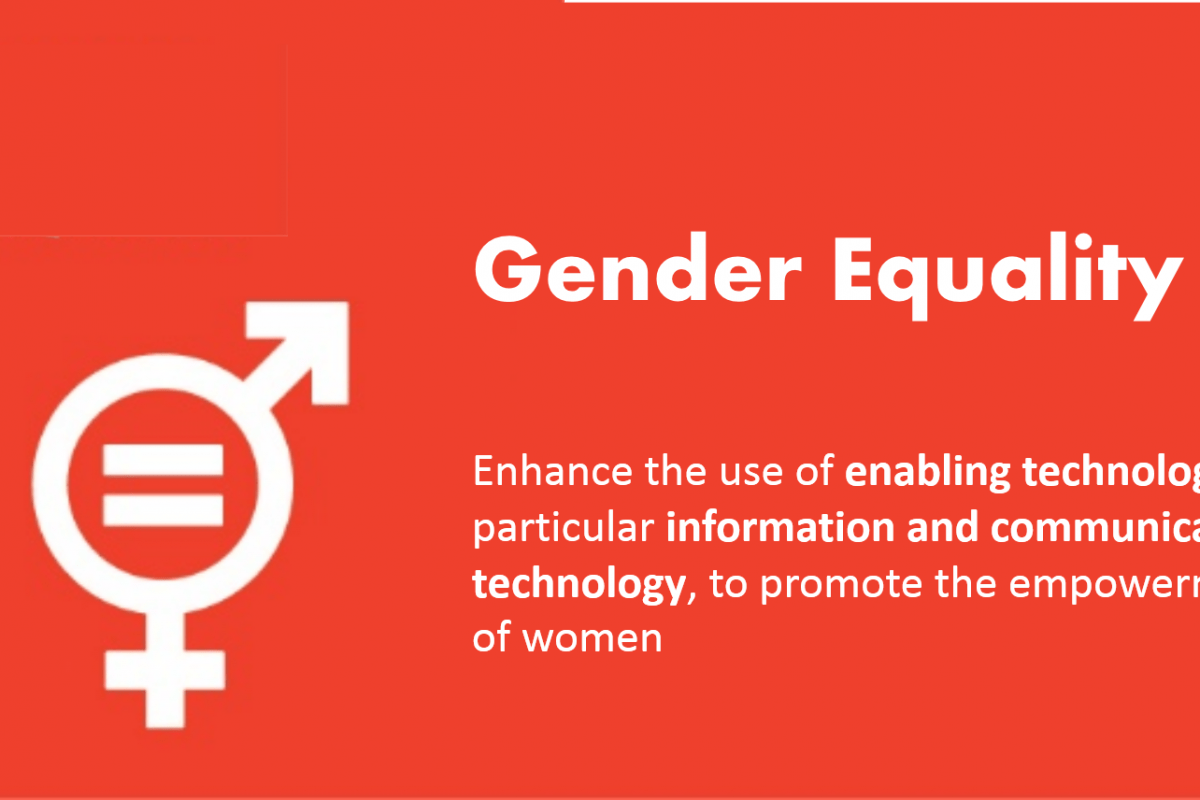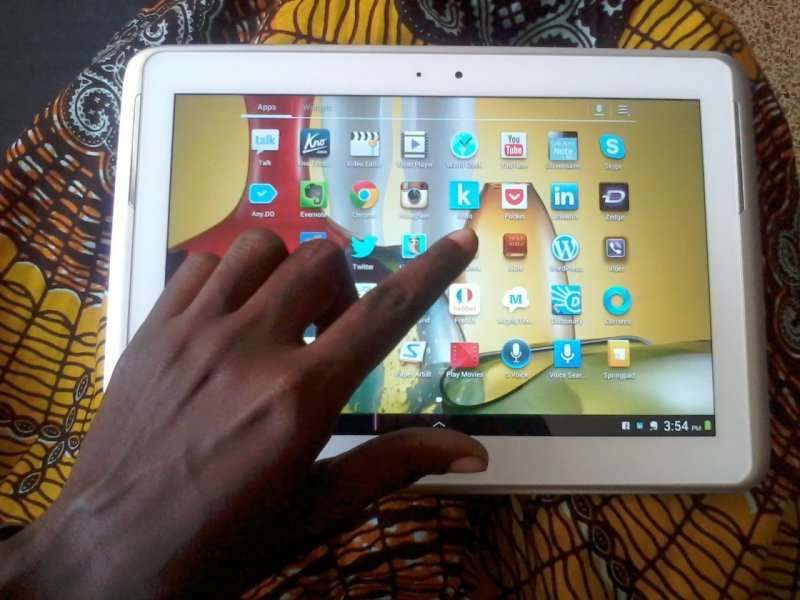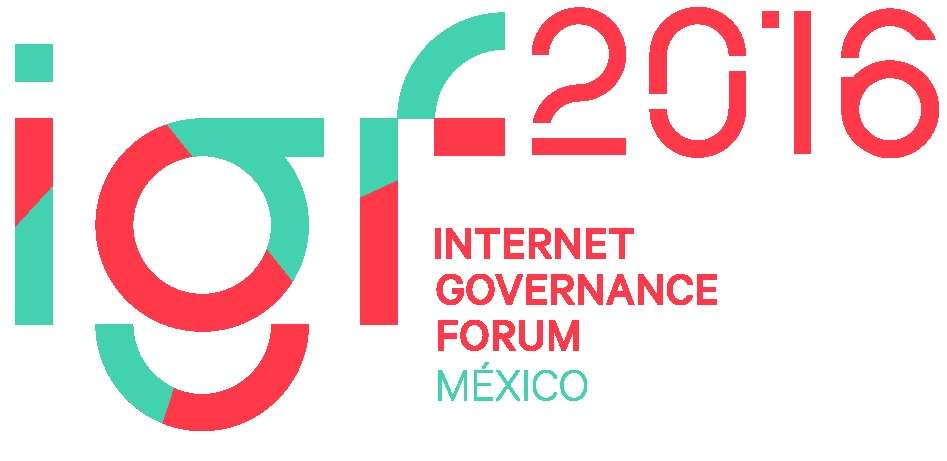Fellowship Opportunity |
About the ICT4Democracy in East Africa network
The network works in Kenya, Tanzania, and Uganda to achieve two top-line objectives: 1) Increased citizen participation in governance and the realisation of human rights through ICT; and 2) Improved transparency and accountability of governments through ICT. Partners in the network are the Collaboration on International ICT Policy for East and Southern Africa (CIPESA), the Women of Uganda Network (WOUGNET), Transparency International Uganda, iHub Research (Kenya), the Kenya Human Rights Commission (KHRC), the Commission for Human Rights and Good Governance (CHRAGG, Tanzania) and Toro Development Network (ToroDev). Read more about the network here: www.ict4democracy.org.
Aim of the Fellowship Programme
The CIPESA-ICT4Democracy Fellowship (Academia) aims to nurture university students’ and early career academics’ understanding of Information and Communication Technologies (ICT) for governance, human rights and development. By engaging members of the academic community, the programme benefits partners of the ICT4Democracy in East Africa network through placements of individuals with skills in fields such as ICT, mass communication, and informatics, within the partner organisations. Ultimately, the programme aims to grow links between the academic community and practitioners in the ICT field for mutual research, learning and knowledge exchange, so as to create the next generation of ICT for democracy and ICT for human rights champions and researchers.
A total of 10 fellowships shall be issued each year starting May 2017. Applications will be accepted on a quarterly basis as per the below dates:
| Fellowship round | Application deadline |
| May – July | Closed |
| August – October | July 1st |
| November – January | September 1st |
| February – April | January 1st |
Duration: The fellowship shall last for three months but can in some circumstances be shorter or longer by up to a month.
Role of the fellows
Provide skills in their field of competence to enhance the work of ICT4Democracy in East Africa Network partner organisations. During the subsistence of the fellowship, the fellow will be expected to produce outputs, such as blog posts, commentaries, briefs, curriculums, multimedia content, and journal articles, as will be agreed in advance of the start of the fellowship. The skills of the fellow will guide the role assigned to them.
Eligibility
Applicants should be university students or early career academics. While there are no limitations on where the university is located, it is preferred that the students be from African universities. Applicants should have competence in areas that are relevant to the work of ICT4Democracy in East Africa partners, which may include ICT4D, Computer Science, Journalism, Informatics, Gender Equality, Development Studies, Human Rights and Governance.
Compensation
The fellows shall be given a monthly stipend to cater for their expenses during the duration of the fellowship. The amount may vary depending on location, outputs and on the qualifications of the fellow.
Application process
To apply, email [email protected] with subject line stating Application for Academia Fellowship. Submissions should include:
- Your CV
- A statement of interest that mentions the areas of competence that you wish to contribute to the fellowship programme, a suggestion of which partner organisation you wish to be attached to, the duration for which you wish to have the fellowship, the proposed outputs from your involvement in the programme and breakdown of expenses. The statement of interest should not exceed 3 pages.
- Copy of transcript or letter confirming university affiliation.
- Two samples of your writing.
- Two reference letters.






